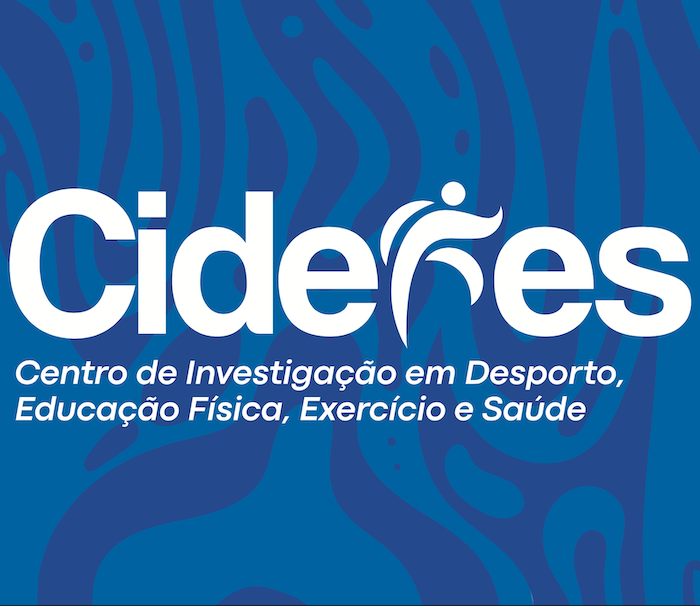News
April 1, 2025: Insights from the Workshop on Exercise and Cancer with Universidade de Londrina
On April 1, 2025, a workshop on Exercise and Cancer was hosted by CIDEFES. This event was led by Professor Doutor Rafael Deminice and Paola Sanches Cella from the Universidade de Londrina.
The workshop raised innovative ideas, with a special emphasis on combating sarcopenia and cachexia—two debilitating conditions often associated with cancer. These conditions result in muscle wasting and significant weight loss, respectively, severely impacting patients' quality of life. The discussions highlighted cutting-edge research utilizing both animal and human models to explore effective interventions.
A significant highlight was the presentation of several studies from Universidade de Londrina, including insights from their remarkable initiative—Correndocontraocancer (Running Against Cancer). This program has been instrumental in demonstrating how structured physical activity can mitigate some adverse effects of cancer treatments. By integrating exercise into cancer care protocols, patients experience improved physical function, enhanced mood, and better overall outcomes.
Colleagues from CIDEFES enriched the discourse by sharing their experiences with two pivotal studies: PAC-Woman and HOME-Combo. The PAC-Woman study focuses on personalized exercise regimes tailored for women undergoing cancer treatment. Through individualized programs, it aims to empower women to harness exercise as a tool for recovery and resilience. Meanwhile, HOME-Combo explores home-based exercise interventions that can be easily integrated into daily routines, offering flexibility without compromising efficacy.
What made this workshop particularly impactful was its comprehensive approach—melding empirical data with practical application. The participants not only delved into scientific findings but also discussed real-world implications for patient care. By addressing both sarcopenia and cachexia through varied research lenses—from molecular biology to community-based interventions—the workshop underscored the multifaceted role of exercise in cancer therapy.
As we move forward, it is clear that collaborations like these are vital for translating research into actionable strategies that directly benefit patients. The insights shared at this workshop reinforce the notion that while cancer presents formidable challenges, integrated approaches combining exercise with traditional treatments offer a beacon of hope.
In conclusion, workshops like this one organized by CIDEFES are crucial stepping stones towards transforming our understanding and management of cancer-related complications. By continuing to support such interdisciplinary dialogues and research endeavors, we pave the way for more holistic approaches to health care that prioritize not just survival but also quality of life for cancer patients worldwide.
The workshop raised innovative ideas, with a special emphasis on combating sarcopenia and cachexia—two debilitating conditions often associated with cancer. These conditions result in muscle wasting and significant weight loss, respectively, severely impacting patients' quality of life. The discussions highlighted cutting-edge research utilizing both animal and human models to explore effective interventions.
A significant highlight was the presentation of several studies from Universidade de Londrina, including insights from their remarkable initiative—Correndocontraocancer (Running Against Cancer). This program has been instrumental in demonstrating how structured physical activity can mitigate some adverse effects of cancer treatments. By integrating exercise into cancer care protocols, patients experience improved physical function, enhanced mood, and better overall outcomes.
Colleagues from CIDEFES enriched the discourse by sharing their experiences with two pivotal studies: PAC-Woman and HOME-Combo. The PAC-Woman study focuses on personalized exercise regimes tailored for women undergoing cancer treatment. Through individualized programs, it aims to empower women to harness exercise as a tool for recovery and resilience. Meanwhile, HOME-Combo explores home-based exercise interventions that can be easily integrated into daily routines, offering flexibility without compromising efficacy.
What made this workshop particularly impactful was its comprehensive approach—melding empirical data with practical application. The participants not only delved into scientific findings but also discussed real-world implications for patient care. By addressing both sarcopenia and cachexia through varied research lenses—from molecular biology to community-based interventions—the workshop underscored the multifaceted role of exercise in cancer therapy.
As we move forward, it is clear that collaborations like these are vital for translating research into actionable strategies that directly benefit patients. The insights shared at this workshop reinforce the notion that while cancer presents formidable challenges, integrated approaches combining exercise with traditional treatments offer a beacon of hope.
In conclusion, workshops like this one organized by CIDEFES are crucial stepping stones towards transforming our understanding and management of cancer-related complications. By continuing to support such interdisciplinary dialogues and research endeavors, we pave the way for more holistic approaches to health care that prioritize not just survival but also quality of life for cancer patients worldwide.

